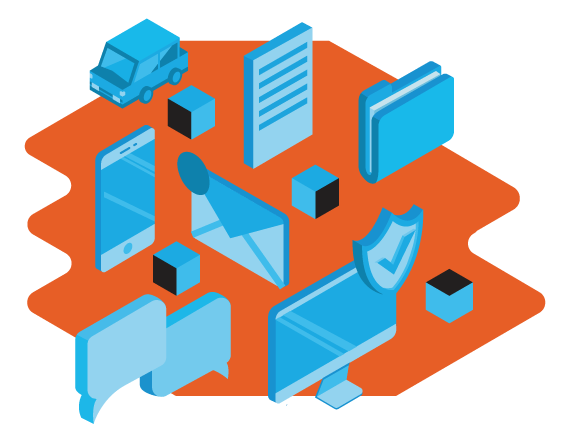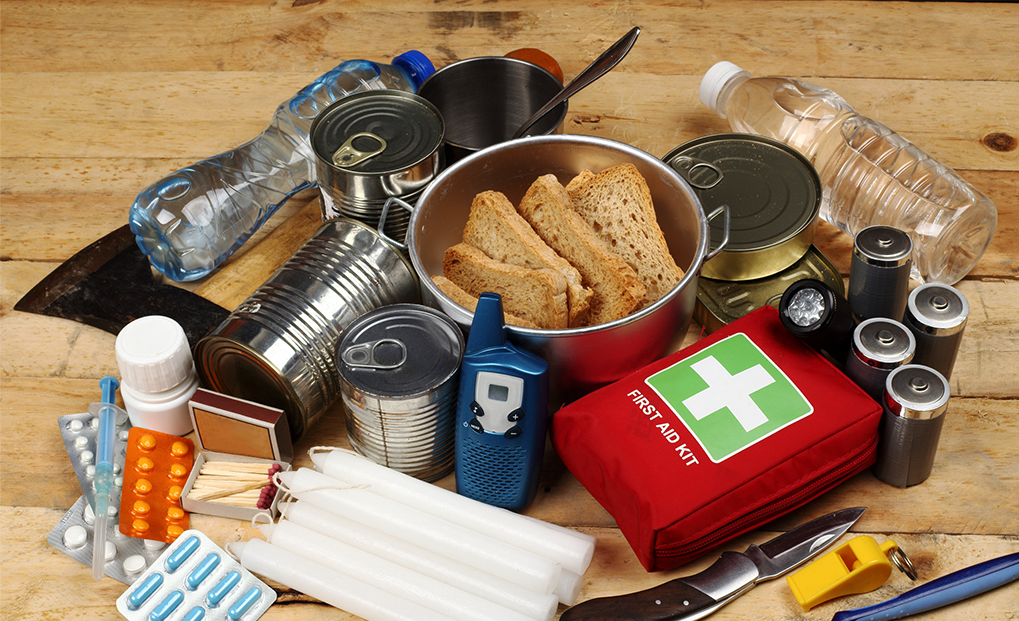
INSURANCE NERDS
BLOG
How to Prepare for an Earthquake
An earthquake is a natural phenomenon in which sudden and rapid tremors occur due to the displacement and breaking of underground rocks. This can happen at any time and without warning.
Preparation has three phases: Before, During, and After the earthquake.
1. Before: Get ready – don’t wait, take action now!
Practice with your family, at work, and in the community how to protect yourself. Bend over, cover, and hold.
- Store supplies and protect important documents.
- Create a family plan for emergencies and discuss it regularly. It includes communication strategies, eviction plans, and meeting points.
- Prepare an emergency backpack with water, canned food, flashlight, radio, batteries, cell phone charger, medical supplies, hygiene items, clothing, blankets, whistle, cash, extinguishers, and important documents. Secure items that may fall and cause injuries (shelves, cabinets, frames, mirrors, lights, etc.)
If possible, leave supplies in different places (home, car, work, etc.). Don’t forget to include supplies for your pets.

2. What to do during an earthquake
Inside a building:
- Crouch down and place yourself on your hands and knees, thus preventing the movement from causing you to fall.
- Cover your head and neck with your arms. If you can move safely, crawl under a shelter (table, desk, etc.)
- Hold on to a sturdy object until the shaking ends.
- Don’t run outside or stay at the door!
In the bed:
- Stay there and cover your head and neck with a pillow until the event is over.
Outdoors:
- Stay away from buildings, bridges, power lines, or trees. Crouch down, cover yourself, and hold on until the shake ends.
In the car:
- Stop as quickly as possible in a safe area and stay inside the car until the shake is over. Cover your head.
3. After an earthquake: Be Alert
Wait a minute before getting up and assessing for fallen debris or hazards.
If you can move safely, get out of the structure and avoid damaged areas and power lines. If you are trained, help others who are injured or in rescue efforts and stay away from damaged structures.
If you are trapped, do not move or lift dust. Cover your mouth with a handkerchief and blow the whistle or hit something to make noise. Shouting should be your last resort.
If you are on the coast, walk immediately inland or in a high place. Follow the instructions in the official reports.
Read: What You Need To Know About Earthquake Insurance
* Source: www.fema.gov
